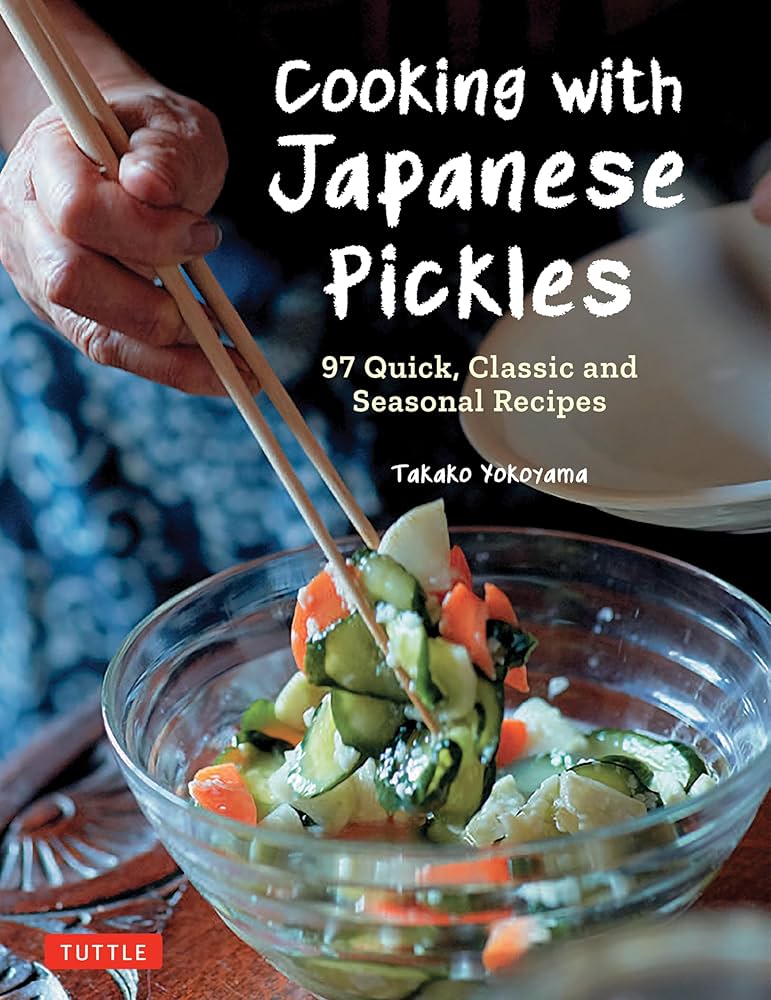A Pickling Celebration: The Thriving Tradition of the Urban Indigenous Community

In the vibrant heart of south Minneapolis, the annual Pickle-Off hosts its most spirited competition yet. On a glorious Thursday, community members converged at the Four Sisters Farmers Market for a gathering that not only crowned pickling champions but also underscored the importance of food sovereignty among Indigenous peoples. With jars popping open and flavors bursting forth, the event showcased the art of preservation while nurturing a sense of community.
Organizer Cassie Holmes, a proud citizen of the Lac Courte Oreilles Lake Superior Band of Ojibwe and a passionate advocate for food sovereignty, was at the helm of the event. With a playful spirit, she dished out slices of pickled treasure using a toothpick, igniting excitement among participants and judges alike. The competition emphasized not just friendly rivalry but also a deeper message: that Indigenous communities can restore local food networks and ensure access to healthy foods.

Holmes, alongside fellow organizers, crafted unique trophies and certificates, delightfully dubbing the event’s top accomplishments “kind of a big dill.” Over the years, the Pickle-Off has evolved from a small neighborhood challenge into a significant celebration of local culture, engaging picklers from diverse backgrounds.
The contest story began when a friendly contest arose between urban farmer residents at Little Earth of United Tribes. Former Minneapolis Council member Lisa Goodman sparked the challenge by boasting about her pickling prowess, only to be joined by others keen on defending their culinary crowns. Among them, Dr. Angie Erdrich, a pediatrician with the Indian Health Board of Minneapolis, also voiced her confidence about producing pickles that stood out.

Now in its third iteration, the Pickle-Off warmly welcomes all contestants across various community demographics. Tyra Payer and Paige Hietpas—a duo behind the humorously named canning company, “CanIHaveSome”—seized the opportunity to emphasize small business efforts while showcasing their passion for healthy food.
As Hietpas shared, “At the end of the day, this is just a life-giving project for us. That sometimes makes for some long nights, but I think it’s worth it because we get to share food together.” For Payer, this competition represents a joyful reunion through food, allowing them to maintain and share their rich culinary traditions.

Contestants could enter their pickles in distinct categories: “Dill” and “Special.” With over a dozen entries to sample, judges were tasked with evaluating the pickles based on visual aesthetics, color, crunchiness, and flavor. The atmosphere brimmed with anticipation, as community members eagerly anticipated the results.
Among the winners was Destiny Jones, a Ho-Chunk citizen whose “Spicy Dill” pickles earned her the coveted “Best Pickle” trophy. As she revealed, “By using a lot of fresh herbs… so that includes dill, garlic and fresh peppers. So, it is spicy dill, and I feel like that got me some extra points.”

This year, Erdrich also returned with her signature bread and butter pickles. Her recipe starts with cucumbers grown in her own garden, reflecting her commitment to cultivating her ingredients. “I grow all my own cucumbers; I have a special way of growing them. So, that they grow vertically,” Erdrich explained. “If you’re living in an urban setting, you can kind of train them upward.”

As Garcia, a dedicated participant in promoting food sovereignty, put it, “Taking care of their food and taking ownership of what they’re putting into their bodies. It’s really a full, holistic approach to food sovereignty.”
The Pickle-Off was part of the broader “food preservation month” festivities at the Four Sisters Farmers Market, where participants had the chance to learn skills such as pickling, freezing, and canning—practices vital for sustainable community living.

Through gatherings like the Pickle-Off, urban Indigenous communities can celebrate culinary heritage and foster connections. This year’s competition not only affirmed the talent present within the community but also ignited a renewed passion for food sovereignty, reminding us all of the importance of embracing and preserving local food culture.
Related Articles
Children who died at a boarding school in the 1800s return to the White Earth Nation
Leading the charge: Red Lake unveils new electric school buses during ribbon-cutting ceremony














